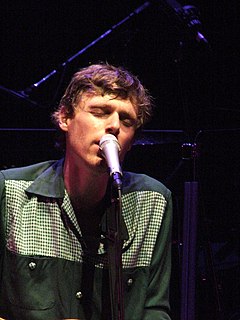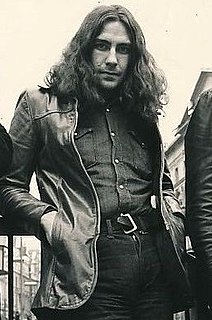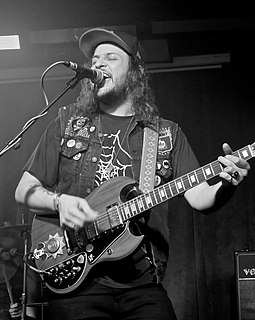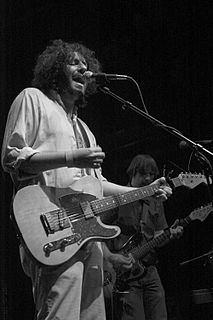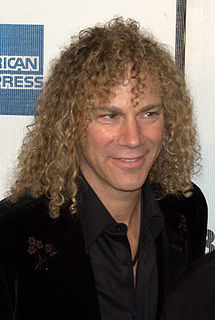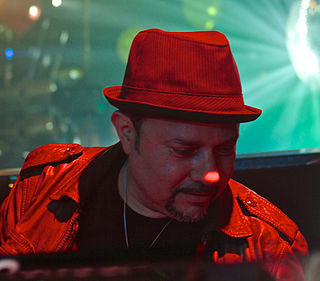A Quote by Edie Brickell
We didn't rehearse or play the songs to death before we recorded them, and that let us catch a freshness and energy level we've never really felt while making records.
Related Quotes
Most records, you build from the drums and bass up. This one, we started with the vocals in Nashville and recorded them live with just the guitars and tried to make that complete and lovely-sounding without any adornment at all. I really wanted to get something with the vocal that I've never gotten before Armchair Apocrypha.
When we started the band, I was really like, "We just want to make a lot of records" - not quite unlike Guided By Voices' schedule. I've always thought that our live thing is what we do best, and having a really robust, big catalog makes for the most interesting live band - especially with people, at this point, traveling to see us night after night. For us to have almost 100 songs to pull from is a really cool thing. The sets can be different. They can be invigorating on an intellectual level. I definitely hope to continue to release records at an accelerated pace.
The church, by and large, has had a poor record of encouraging freedom. She has spent so much time inculcating in us the fear of making mistakes, that she has made us like ill-taught piano students: we play our songs, but we never really hear them because our main concern is not to make music to avoid some flub that will get us in dutch.
Before I did comedy, I'd freestyle with all of my friends. In high school and into college, I recorded songs with my friends, not to perform but just to play for them. So I've had interest in music for a while. Early on, I'd host a lot of music open nights or hip-hop nights, so a lot of my early experience performing was around music.
Throughout college I was getting better and better at making recordings, producing songs, making different kinds of beats. I was starting to learn the signifiers of production from the '60s, the '80s. We never re-recorded anything. All the record companies that wanted to sign us - except for one - were excited about the recordings that we had done ourselves.

